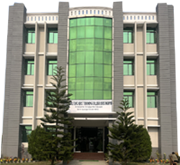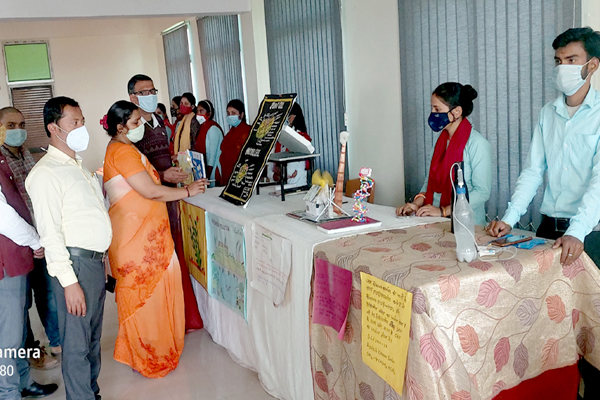

Research Advisory Committee (RAC) is typically established within academic institutions, engaged in research activities. In St. Paul Teachers Training College, the RAC serves as an important entity to support and enhance research endeavors related to education for, we strongly believe that research forms the backbone of quality education and professional growth. To foster a culture of inquiry, innovation, and academic excellence, the committee plays a pivotal role in guiding and supporting research activities. The primary purpose of an RAC is to provide guidance, oversight, and expertise to ensure the quality, relevance, and ethical conduct of research projects undertaken within the organization.
About RAC
